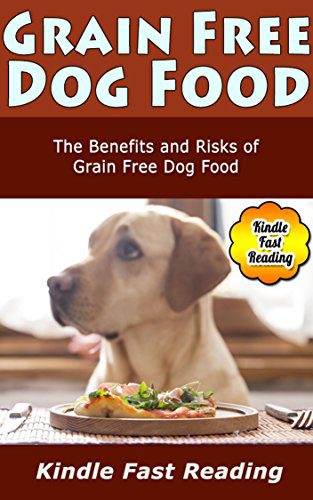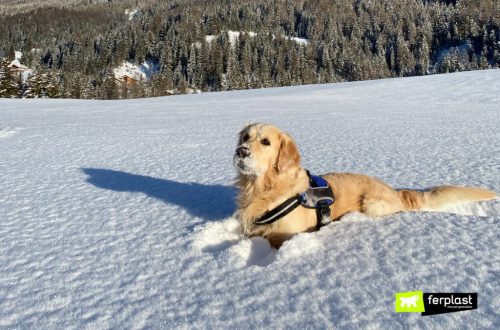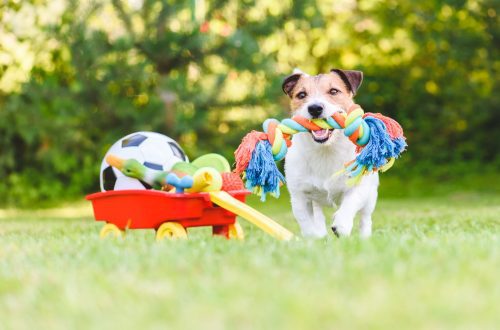
Dieta fără cereale pentru câini: beneficii și daune
In recent years, there has been a growing trend among dog owners to switch their pets to a grain-free diet. The Internet is flooded with conflicting information of various kinds and qualities, which makes it very difficult for owners to understand what is best for their pets. Is this transition really a good idea?
Cuprins
What are the benefits of grain free food?
One of the main reasons why pet owners are interested in grain-free food is because they believe that dogs are not far removed from their wolf ancestors. They truly believe that they should be fed accordingly. Such representations lead to a lot of problems. You can often hear that dogs are carnivores, so they should only be fed meat. And this is also wrong. Anatomically, dogs do belong to the class of carnivores, but nutritionally they are omnivorous, like bears, and are quite capable of eating both plants and meat. Do not forget that the panda belongs to the class of predators and at the same time eats 100% vegetarian food! Dogs have evolved along with humans over 20 to 40 years. All this time they ate waste and scraps from the human table. From genetic studies it is known that dogs are more than 99% able to digest carbohydrates, including grains. Literally millions of stray dogs around the world survive on scraps of human food and very little meat. The wolf, on the other hand, has a completely different genetic profile. Another important difference is the amount of food and the need for calories. Wolves need about 3-4 times more calories than a medium sized dog, so they eat very large amounts of food. This provides them with adequate levels of vitamins and minerals. If dogs were fed this way, they would become morbidly obese or severely deficient in certain nutrients. Many pet owners also hear terrible things about grain: it is allegedly used in pet food as a cheap filler. But after all, people consider cereals and whole grains useful for their children. The truth is that for dogs, just like for humans, grains are a great source of vitamins and fiber. They also provide the body with prebiotic fibers. It is a type of fiber that feeds the “good” gut bacteria, which in turn keep the intestinal cells healthy and active.
Is there a grain allergy?
Another reason some owners prefer grain free food is because they are afraid of allergies. True food allergies, like plant protein allergies, are rare in dogs. However, some animals do have allergies to certain foods. The most common allergens in the case of dogs are beef and dairy products.
Sensibilitate la gluten
Some owners are concerned about the gluten content in pet food. However, gluten sensitivity is extremely rare in dogs. It has been found in only a few Irish Setters as a hereditary disease.
Is a grain-free product necessarily bad?
As with any nutritional and dietary decisions, it all depends on the diet. Dogs can certainly do well on a grain-free diet, but it is very important that it is balanced and complete. This means that it must still meet all of the animal’s dietary requirements in the correct proportions. When it comes to feeding dogs, the most important thing to remember is that the animal needs a balanced and complete food that is appropriate for its age. Removing certain ingredients from the diet or trying to balance nutrition at home is fraught with risks and can lead to both significant oversupply and serious nutritional deficiencies. Dogs are perfectly adapted to a diet containing meat and vegetable ingredients, and are quite capable of digesting carbohydrates. Many veterinarians and pet owners have healthy, happy grain-eating dogs. In the absence of medical problems, high quality, complete and balanced pet foods containing grains are suitable for dogs. Grains are a good source of nutrients and help create a balanced diet. If the owner believes that their dog really needs a grain-free diet, the most reliable options should be discussed with the veterinarian. If the specialist approves the change of food, you need to do it slowly, over several days, to avoid digestive upset in the pet.





